Matcha is now seen by many as a healthier alternative to coffee, providing energy and alertness without the jitters.
An integral part of Japanese tea culture, matcha has in recent years crossed the borders of Asia to become a global phenomenon. The demand is so high that it has caused a global matcha shortage.
While many people praise the antioxidant benefits of matcha, others have reported hair loss after long-term use of the product.
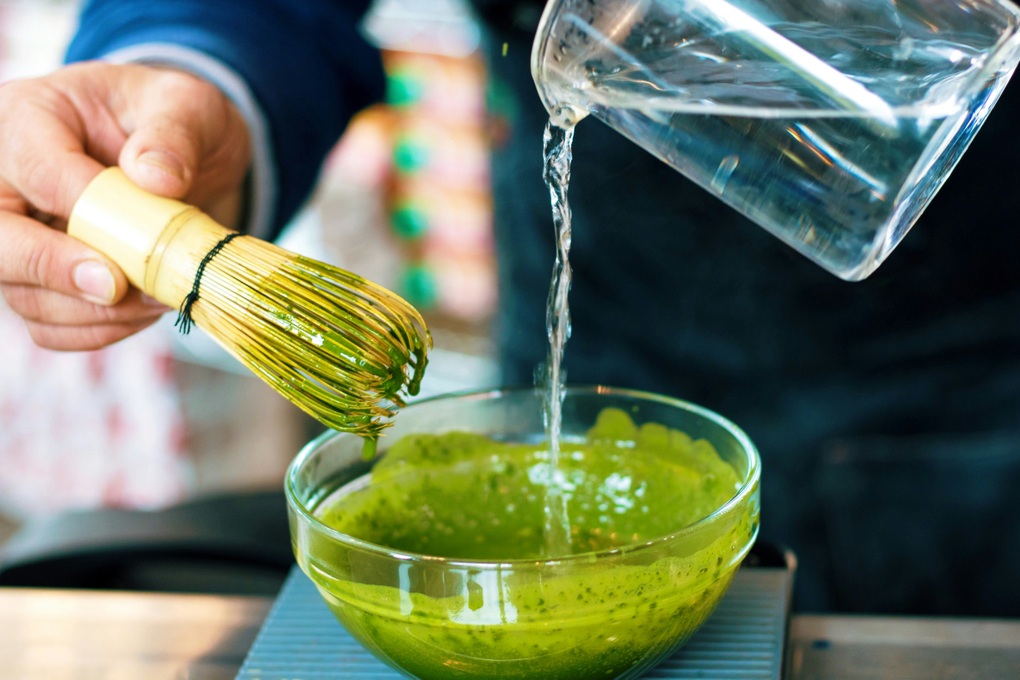
Matcha is an increasingly popular drink (Illustration: Getty).
According to experts, the cause does not lie in matcha itself, but in the way the ingredients in the tea interact with the body, especially when consumed in large amounts and regularly.
Stephanie Schiff, a nutritionist at Northwell Huntington Hospital (USA), believes that if hair loss occurs after increasing matcha consumption, the cause may not be from the tea, but from the tannins in it.
Tannins are plant compounds with antioxidant properties. However, the downside of this compound is that it has the ability to bind to iron. Iron is an essential nutrient that the body cannot produce on its own and must be absorbed from food.
“This prevents the body from absorbing iron, disrupting the hair growth cycle, causing hair loss,” explains Schiff.
Additionally, matcha contains a significant amount of caffeine. A 1-2g serving can provide up to 80mg of caffeine, which is higher than most other green teas. If you consume too much matcha, the high amount of caffeine can negatively impact your endocrine system.
According to nutritionist Amy Shapiro, large amounts of caffeine can increase stress hormones. This can disrupt the hair's life cycle, forcing hair follicles to enter the resting phase earlier, leading to hair loss.
Besides hair loss, matcha can cause other health risks if consumed in excess such as digestive disorders, insomnia, restlessness. In some rare cases, drinking too much matcha can lead to increased liver enzymes and liver damage due to the high concentration of the antioxidant EGCG.
Additionally, matcha contains L-theanine, an amino acid that promotes relaxation without causing drowsiness. When combined with caffeine, it helps improve mental alertness without causing jitters.
Matcha also provides EGCG, a powerful antioxidant that helps neutralize free radicals, reducing the risk of chronic diseases.
Drinking matcha has also been linked to increased insulin sensitivity, which helps lower blood sugar levels. Some studies have also shown that it can aid weight loss by reducing appetite and boosting metabolism.
Currently, science has not yet determined the safe threshold for using matcha. However, if you only drink 1-2 cups of matcha daily, the possibility of causing hair loss is almost impossible.
If you are concerned about hair loss, you can get tested for iron levels instead of deciding to stop drinking matcha.
However, according to Ms. Shapiro, some groups need to be careful when using matcha: people with heavy menstrual periods, people with digestive diseases or vegetarians/vegans with iron-deficient diets.
In addition, you should not drink matcha before or immediately after meals with high iron content. In addition, you should also supplement foods rich in vitamin C such as citrus fruits, bell peppers... to increase the ability to absorb iron.
Source: https://dantri.com.vn/suc-khoe/loai-thuc-uong-thinh-hanh-it-ai-biet-co-the-gay-rung-toc-20251113134422575.htm



![[Photo] Prime Minister Pham Minh Chinh meets with representatives of outstanding teachers](https://vphoto.vietnam.vn/thumb/1200x675/vietnam/resource/IMAGE/2025/11/15/1763215934276_dsc-0578-jpg.webp)


![[Photo] General Secretary To Lam receives Vice President of Luxshare-ICT Group (China)](https://vphoto.vietnam.vn/thumb/1200x675/vietnam/resource/IMAGE/2025/11/15/1763211137119_a1-bnd-7809-8939-jpg.webp)



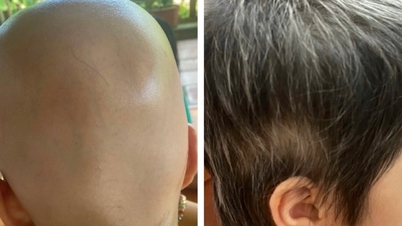


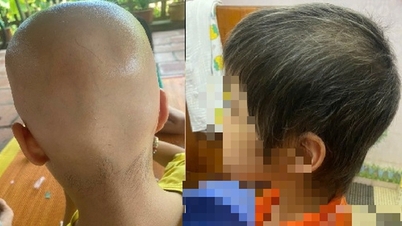


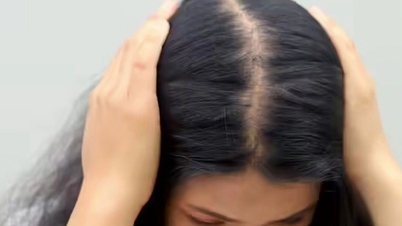






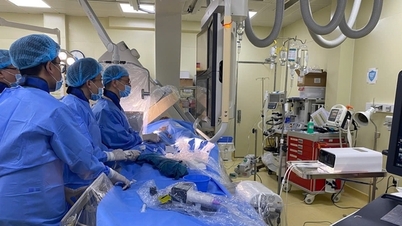
















































































Comment (0)